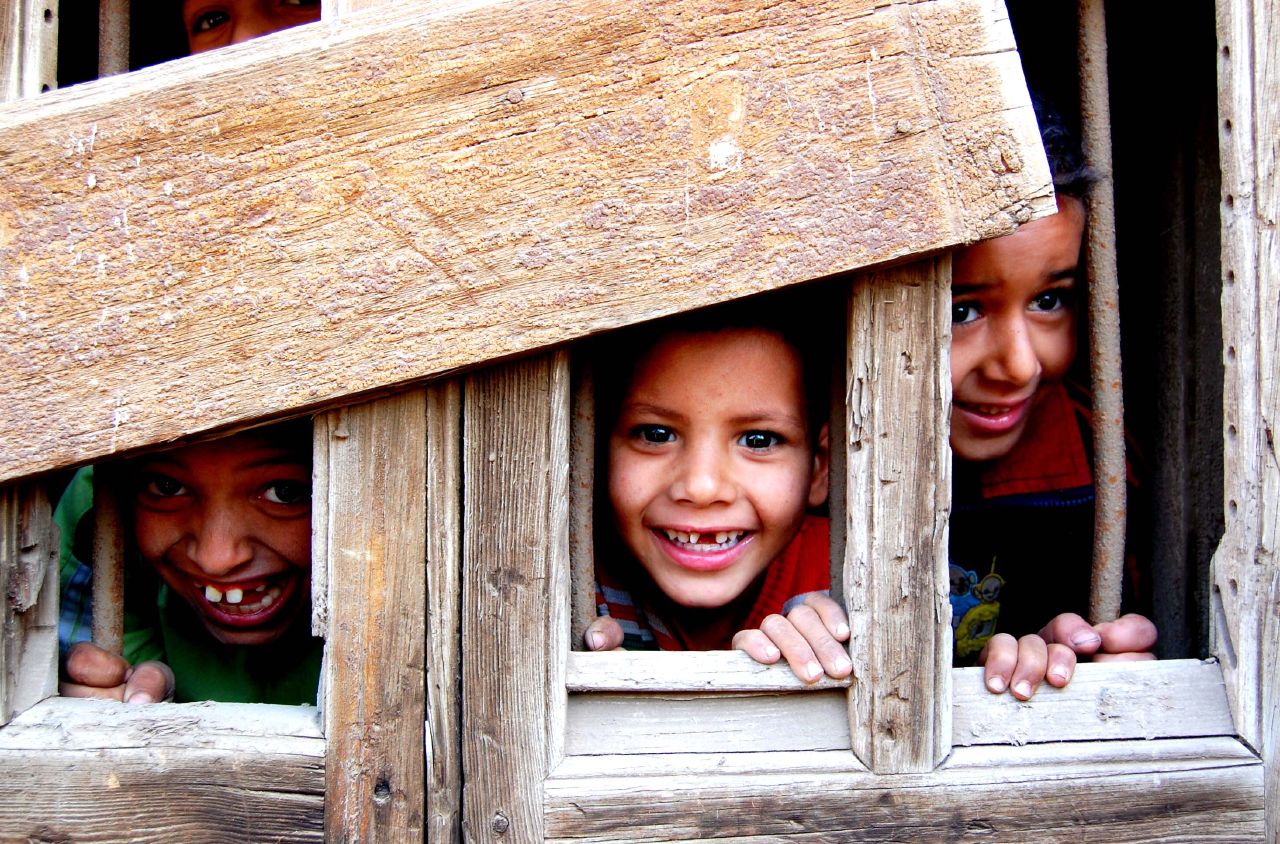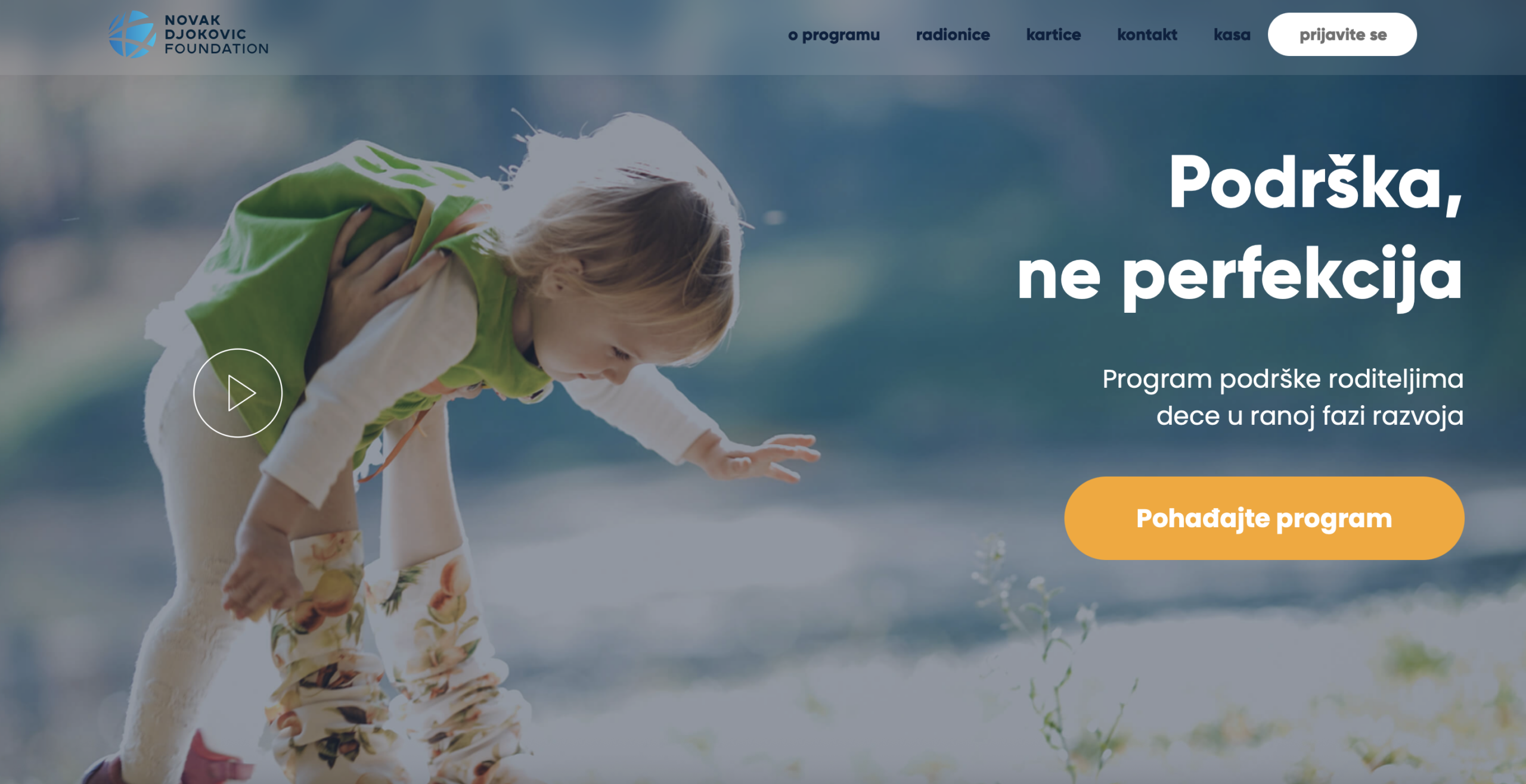This is the story about the things you haven’t learned in school: about the first orphanages in Serbia and their importance. Find out how “Save the Children” organization was founded, and who inspired this charity’s initiative.
We often think that we know everything, don’t we? Or at least, we think that we know everything what’s important to us. But, don’t mind me say, we think wrong. If we look a little bit deeper into our heart, we’ll discover that despite our ignorance there is still enough room to place something good. Something useful not only to us, but also to the society we live in.
This is the story about the things you haven’t learned in school. It’s a pity. Perhaps if you knew it, maybe you would be more proud of yourself and more willing to do something new and good.
The story begins in 1879. The Serbo-Turkish War was over. However, this war was less intense than the collision of the two countries in 1912, or in the First world War, that started two years later. Many children lost their parents in that time. In those days families were much bigger, having six, nine and even more children. Quite opposite from the families we have now, with one or two kids. In the past, when the head of the family died whether in war or from a disease, he left many little ones behind, having nothing and nobody in this world.
The situation was very serious, described by some as “children in huge groups reaching towns”. At that time Serbia had underdeveloped social care system. Being aware of all that, 50 most prominent citizens of Belgrade decided to establish the “Society for the bringing up and protection of children”, in the old hotel “Kasina” on Terazije, in 1879. From that moment our story converts into an incredible lesson. This citizens’ initiative has proved to be very effective: soon after the Society built the first home for “orphaned and abandoned children”. In this facility the first vocational school in Serbia was established. Then, another orphanage was open. And then one more. People started to unite, convinced they were doing the right thing. There is no greater act of kindness than helping those who need help most.
Joy began to spread throughout Serbia! Grandmas baked the cakes and brought them to orphanages, wealthy people gave away some of their properties so that children could have a place to stay, and ordinary people made donations, too. Economists invested excess cash in the Stock Exchange and used such funds to re-build and improve the lives of children who had nobody – but who gained everything and everybody with the help of the entire society.
Hundreds of thousands of people were involved. Society’s first benefactor was the ruling family Obrenovic, and then the Karadjordjevic dynasty. However, there were many who eagerly wanted to help these poor children, as much as they could. Jovan Jovanovic Zmaj, the famous Serbian poet, wrote the anthem of the Society. Workers helped with their modest funds and hard work. Doctors, teachers and educated people made their donations and used their knowledge. Women washed clothes and cooked, boys carried away and brought whatever was needed. Everything was so beautiful, and so alive. Joy began to overwhelm the sorrow.
Unfortunately, happiness and joy didn’t last for long, since another war started, followed by The Second Balkan War, a few months later. And that was not the end of the misery. The Great War began in 1914.
The whole nation was forced to abandon Serbia. But they haven’t stopped thinking about the children. After the great suffering and preparation to return to the occupied country, Serbian army, based on the principles of the Society, first in Vodena and then in other places they passed by, shared meals with the orphaned children. They organized everything according to the scout rules: they fed the kids, provided them with medical care and educated them. Apart from soldiers, there were civilians who took care of the children as well, and called their work “the Society for Protection of Yugoslav Children”, since children were not only from Serbia but from the neighbouring countries as well. Soon after the First World War ended, the Society for the bringing up and protection of children continued its mission and took care of 200,000 kids. Unbelievable but true.
 Everybody helped. Did you know that among them were ministers such as Nikola Pašić, Jovan čaja, Kosta Taušanović, Milovan R. Marinković, Stojan Protić, Svetomir Nikolajević, Čeda Mijatović and Tasa Milenković, dukes Živojin Mišić i Stepa Stepanović, generals Sava Grujić, Mihailo Rašić? They helped a lot – but not only Serbian people were involved. There were also foreigners like French marshal Joffre and English major John V. Fronting, and many others.
Everybody helped. Did you know that among them were ministers such as Nikola Pašić, Jovan čaja, Kosta Taušanović, Milovan R. Marinković, Stojan Protić, Svetomir Nikolajević, Čeda Mijatović and Tasa Milenković, dukes Živojin Mišić i Stepa Stepanović, generals Sava Grujić, Mihailo Rašić? They helped a lot – but not only Serbian people were involved. There were also foreigners like French marshal Joffre and English major John V. Fronting, and many others.
However, ordinary, honest people who went through the greatest sufferings helped the most. Though often poor themselves, they knew there were those who were even poorer. In each moment they wanted to help others, especially children. What they did was so incredible that a delegation from England came in 1918. to see how the Serbs, through what we call now the “non-governmental sector”, helped the kids. When they returned, now having been trained for such work and amazed with so much love and devotion they met, they established the organization we now know as “Save the Children”.
 After the First World War, the Society decided to transfer managing 58 homes for orphans to the former Kingdom of Serbs, Croats, and Slovenians. Some of these orphanages were established before the war. Others were opened with the help of soldiers, who established them in every town and populated place they liberated, while returning home.
After the First World War, the Society decided to transfer managing 58 homes for orphans to the former Kingdom of Serbs, Croats, and Slovenians. Some of these orphanages were established before the war. Others were opened with the help of soldiers, who established them in every town and populated place they liberated, while returning home.
Between the Two World Wars, the citizens of Belgrade made donations to the Society for the repose of the souls of their deceased and the Society members mentioned benefactors during the liturgy on its saint’s feast day, St. Cyril and Methodius. When the Second World War was over, communists came to power, determined to take care of children in a different way. They decided to teach them how the love for others is not the most important thing. Instead, they taught them to love the political leader of the country the most. Thus the Society for the bringing up and protection of children was banned, and all its property was confiscated. It has been ordered not to tell anything to future generations about these good people and their work, but to bring indoctrination by the pioneering organizations.
Since then many decades have passed. The goal to make people forget about this incredible story of human kindness of our ancestors was nearly accomplished. Fortunately, this did not happen. Perhaps because you wished to do something good for others. This is the main purpose of this story from the past: to remind us that in spite of all the problems that surround us, we can actually make life more beautiful to those less fortunate. We only need to look for the good in us and share it with the world.
So, shall we start? Â



















